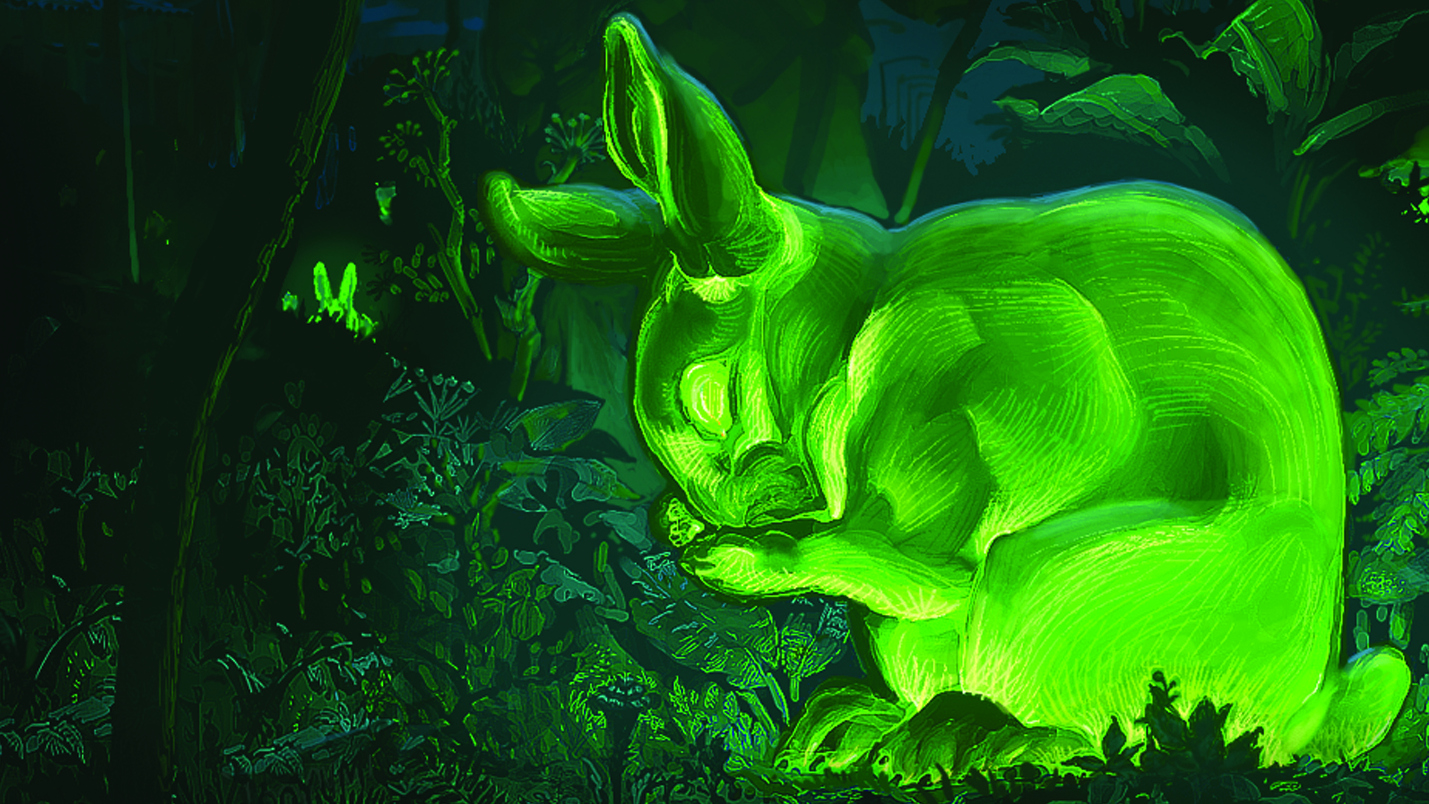
November 11, 2015, by Guest Blogger
Science fiction vs. science fact
Dr Catrin Rutland from our School of Veterinary Medicine and Science introduces the lecture she’ll be giving this week as part of the Popular Culture series.
In the 1950’s a new science was born, yet scientists and the literature had long been fascinated with what we now call ‘Genetics’. Long before the term genetics existed, writers were effectively exploring the idea of genetic manipulation, breeding and future societies in the light of scientific technology. Here in Nottingham we are surrounded by scientists working on genetics, and some of the most brilliant founders and leaders of the field have worked here in the Midlands and changed the world. In a year when GATTACA became a reality, we look at a selection of books and films and uncover their inspirations and question the science within them.
From Huxley to Crichton and Atwood to Orwell, there has always been an interest in the world of genetics, both in literature and in the world as a whole. Some of these books were written before the full scientific potential was realised, other authors used contemporary scientific theories and weaved them in to their stories. Whether using present genetic discoveries or dreaming of the future, these authors have the same impact, they are partly responsible for communicating genetics with the world using not only books but films, television and social media. These authors explore ethics, ideologies and imagine different worlds and take the reader/viewer on a journey.
Some of the science looks into human health and reproduction such as Atwood, Orwell, Huxley and Marshall Smith. Sometimes the literary Greats investigate the possibility of the animal world including the classic tales by Crichton and Atwood. Looking at plant genetics has become of interest to many including Youd/John Christopher.
This talk explores how much of this science fiction has, or will, become fact. Where does the future lie with genetics and what does this mean for us and the next generations? Do we have a voice and opinion in how these technologies are used and does this voice come out through literature? Can we control the technology and what regulations are in place? Will humans benefit from genomics? Did a book written 2000 years ago really hint at epigenetics!
Come along to Catrin’s lecture on Wednesday 25 November 5.30pm, B13 Physics Building, University Park. The Series is free to attend and open to all.
This was first posted on Catrin’s own blog.
Image credit: Jason Courtney
No comments yet, fill out a comment to be the first

Leave a Reply